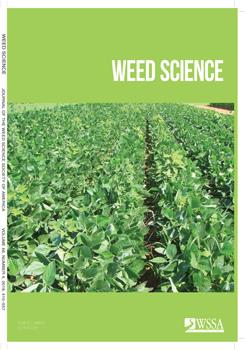Weed species develop resistance to herbicides through the repeated use of the same herbicide mechanism of action (MOA). Farmers often resort to different MOAs once a weed population has become resistant to the MOA that resulted in a resistant weed population. Delaying herbicide resistance is of great importance to growers due to the limited number of commercially available MOAs. Resistance may occur through monogenic or polygenic traits, and various academic and industrial modeling tools have been developed to help infer cause–effect from multiple interacting factors that may not be intuitive. This work explores various best management practices in delaying weed resistance, and we give details for monogenic and quantitative polygenic resistance models and investigate combinations of management strategies that lead to maximizing the product life span for a herbicide. Management practices under parametric uncertainty are provided to showcase how various practices can be used to extend lifetime product performance before resistance is manifest. Penalty functions associated with choosing a unique management strategy, based upon grower constraints, are the subject of a companion manuscript.
How to translate text using browser tools
1 July 2018
Generalized Management Strategies to Delay Herbicide Resistance: A Simulation Approach
Argen M. West,
Anthony L. Altieri,
Steven A. Cryer
ACCESS THE FULL ARTICLE

Weed Science
Vol. 66 • No. 4
July-August 2018
Vol. 66 • No. 4
July-August 2018
2,4-D
best management practices (BMPs)
Glyphosate
simulation
weed resistance




